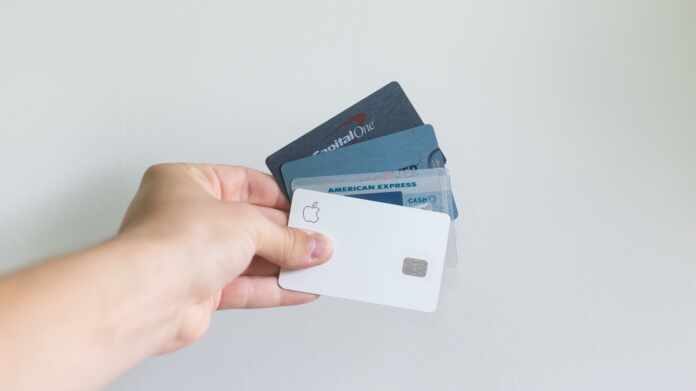Struggling with your finances can be a challenging experience, no matter the capacity. Following a financially difficult year for many due to the pandemic, there will undoubtedly be some people reading this for managing their personal debts and beyond who might be juggling a form of debt.
Personal and professional debts can differ and are managed in ways that are both different but which overlap. Suppose you are in a position where you want to clear off any personal debts you have looming over you. Read on to discover ways for managing these debts in a post-pandemic world.
First Things First
Establish what debts you have to your name. Keep track of these details from the word go. Contact the people you owe money if you have not done so already. Offer to pay something, no matter how small. Contribute little and often, rather than not at all. The people you owe money will prefer this, rather than being ignored entirely. Explain to them why you have struggled to pay the debts. They are human, after all, and can offer a level of understanding to your situation.
Contact Credit Counselors
Develop a personalized debt management strategy with a professional. Research what free and low-cost options are available. Explore the resources they offer and put them to good use. Ensure the professional you are working with is accredited by either the National Foundation for Credit Counseling (NFCC) or the Financial Counseling Association of America (FCAA).
Explore Finance Options
Research what finance is available to you. Consult your counselor when considering this avenue, for they can guide you to the best solution for your situation. Found you have a lot of debts and no way of clearing them all off? Contact debt consolidation mortgage lenders like The Home Loan Expert.
Organizations like these offer a means of paying several debts at the same time. With a long-term loan, you can move forward with ease that your debts have been settled. Rather than having several debts to pay, you will be left with just one.
Moving Forward
Establish what reasons contributed to you landing in debt in the first place. Make a conscious effort to avoid these same mistakes if they were factors within your control. Monitor your spending and restrict how much you spend per month. Refrain from buying products or services you do not need.
Save wherever possible. Open a savings account with your bank and put aside a percentage of your monthly earnings. Protect yourself, and your livelihood should you face financial hardship again in the future.
Document Your Experience
Make a note of how you felt throughout the process. Determine whether emotions played a role in your spending habits. Utilize resources for managing these emotions in the future to minimize your spending when feeling that way again.
Reach out to friends and family for support during tempting moments. Refrain from isolating yourself and instead ask for help. It is challenging but will be worth it in the long run.





